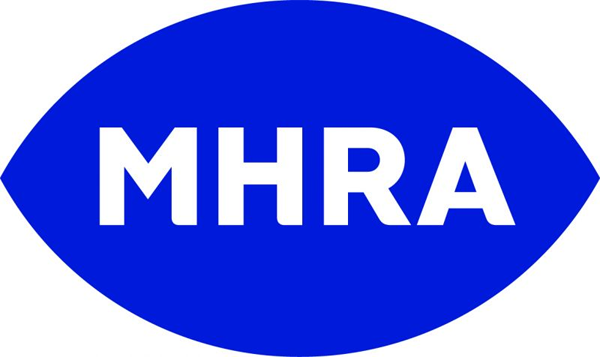UK Loosens the Reins on Drug Advertising
The Medicines and Healthcare Products Regulatory Agency (MHRA) is going to take a 'light touch' on the pre-publication vetting of advertising material of new products developed by companies with strong track record of compliance.

June Raine, the MHRA’s director of vigilance and risk management of medicines, said that the agency remains committed to pre-vetting of all advertising materials to verify their compliance with national and European regulations, but that now it will be more flexible, reports the British Medical Journal.
“The room for maneuver is to make [assessment times] shorter and more proportionate to risk if the company has an excellent compliance record,” Raine told the BMJ at an MHRA meeting on advertising for pharmaceutical executives in London last month. From now on, instead of assessing many advertising pieces for these companies, the regulator would be looking at “perhaps a small number of key pieces, and that would be done in a very light touch way.”
Currently, MHRA sends out a request to submit advertising material prior to issue, providing information on who, when and how will assess the campaign. At the end, the manufacturer receives a letter informing of any objections the agency has, and providing a list of specific changes that should be made before promotion can begin. In some cases, the company may be asked to resubmit materials after revisions.
Beryl Keeley, who manages the MHRA's advertising unit, a team of two advertising assessors, added: “Already we will take a lighter touch if initial materials are good—we will vet less materials. If initial materials are bad, we will tend to look at a much larger number than we would otherwise.”
We’ve seen this kind of relaxing of the rules in the UK before of course. While the circumstances (and consequences) were different, during the 90s Labour’s deregulation of banks was seen very much as a positive but naturally with less monitoring comes the risk of systemic abuse, and sadly we all know now how that worked out for the financial industry…
According to the MHRA's seventh annual report on advertising, publicity materials for 40 products – including 27 new drugs and 12 products affected by safety concerns or major new indications – went through the vetting procedure in 2012. It normally takes five days for a single advertisement to be vetted, and up to two months for an entire promotional campaign. Nevertheless, vetting does not protect companies from subsequent complaints arising from concerns over compliance with appropriate regulations.
When MHRA receives a complaint, it is anonymized and sent to the advertiser as soon as possible The advertiser then has a week to respond and provide justification for the ad, taking into account issues outlined in the complaint. The Agency then considers the complaint as well as the response, before undertaking further steps. If breach of legislation is confirmed, the advertiser may be asked to amend or withdraw the ad, issue a corrective statement and to submit future advertising for vetting.
The vetting and the complaint committee are made up of different assessors. Jeremy Mean, the MHRA’s manager for access and information for its medicines and standards group, said: 'We would want a broader range of people, possibly a panel of assessors, to ensure we looked at the right things in the first place . . . Is there an angle that we did not look at?'
The pre-vetting of advertisements was introduced by the MHRA after the House of Commons Select Committee in 2005 issued a recommendation in its landmark report of the influence of the industry. According to the report, the relationship between the UK Department of Health and big pharma was, at the time, so intertwined, it put public interests at risk. At the time the committee said that intensive marketing that encouraged inappropriate prescribing of drugs “must be curbed” and noted that 80% of drug advertising was aimed at doctors, with an increasing amount targeting nurses with new prescribing powers.
